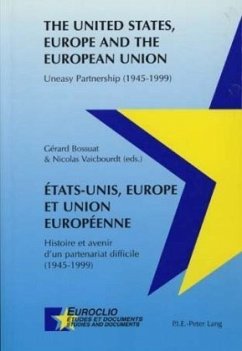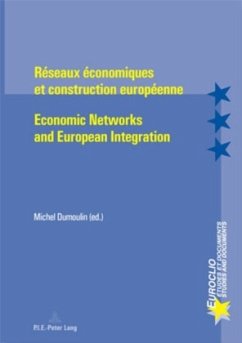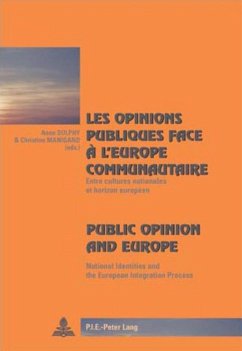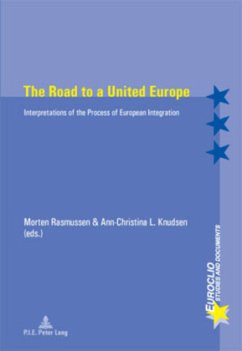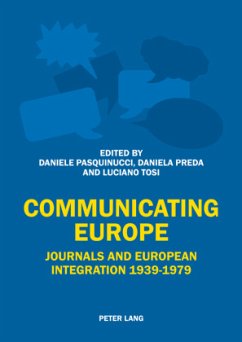
The External Relations of the European Union

PAYBACK Punkte
0 °P sammeln!
The book analyses the attitudes of non-EU countries towards European integration in historical and contemporary perspectives. The authors study a range of actors in Europe and beyond to explain the impact of the creation of the European Communities on the international system and how the EU is perceived in the world. The book further shows the significance of the institutional interplay within the EU, and between EU institutions, member states and external actors led by their own internal dynamics to explain policy outcomes. It investigates to what extent the perceptions of the international c...
The book analyses the attitudes of non-EU countries towards European integration in historical and contemporary perspectives. The authors study a range of actors in Europe and beyond to explain the impact of the creation of the European Communities on the international system and how the EU is perceived in the world.
The book further shows the significance of the institutional interplay within the EU, and between EU institutions, member states and external actors led by their own internal dynamics to explain policy outcomes. It investigates to what extent the perceptions of the international community towards the European Communities and the EU have been influenced by the complexity of their decision-making and the difficulty of reconciling the views of member states on key external relations issues. The authors also study the interplay of non-EU countries and the EU within the broader context of international and regional institutions and forums for international cooperation.
The book further shows the significance of the institutional interplay within the EU, and between EU institutions, member states and external actors led by their own internal dynamics to explain policy outcomes. It investigates to what extent the perceptions of the international community towards the European Communities and the EU have been influenced by the complexity of their decision-making and the difficulty of reconciling the views of member states on key external relations issues. The authors also study the interplay of non-EU countries and the EU within the broader context of international and regional institutions and forums for international cooperation.





